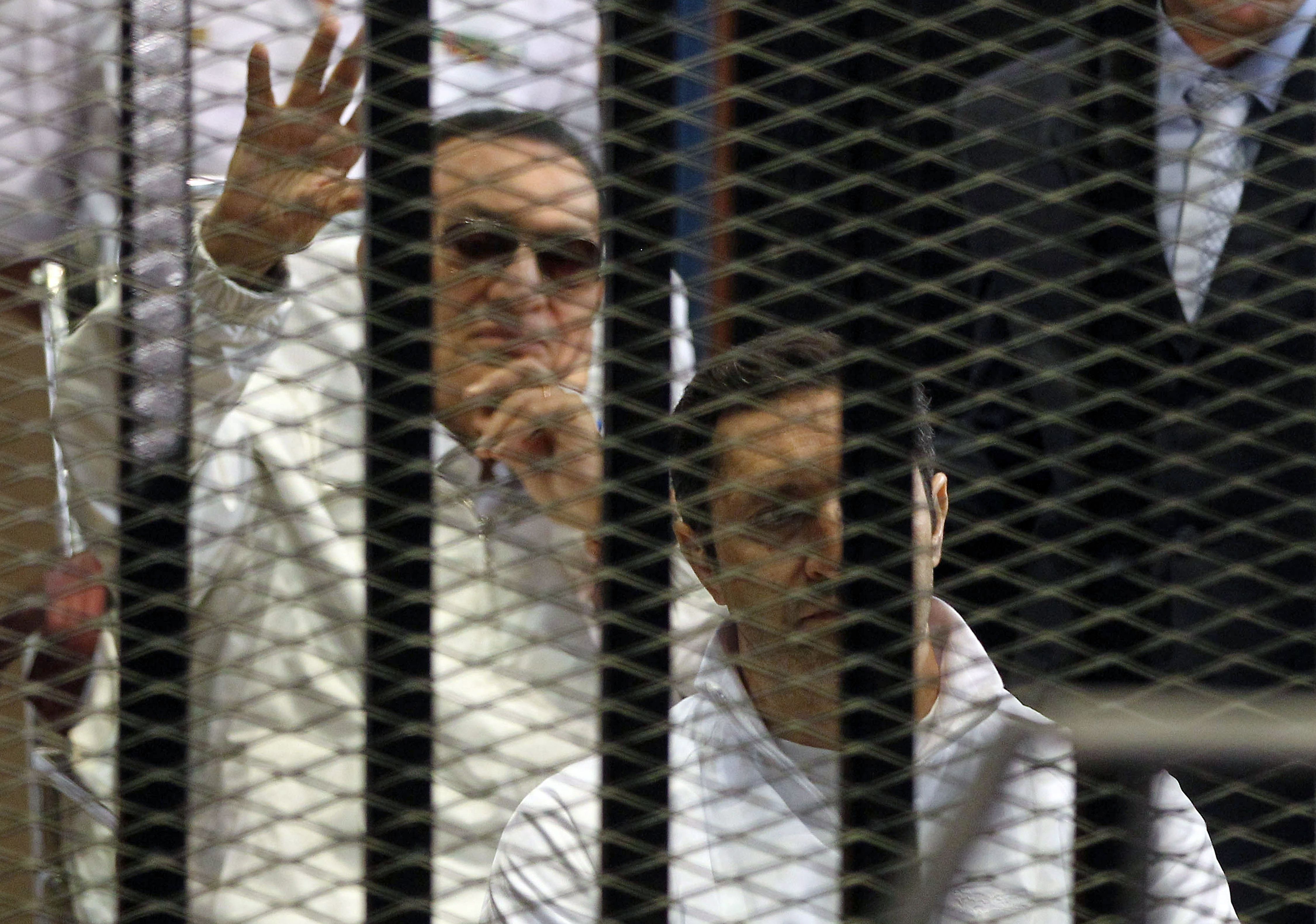The committee entrusted with finding out why we did so badly in Beijing has come up with some suggestions that might make a difference. The seven-man team, called for by President Mubarak himself, recommends the return of a ministry of sports plus the reappearance of what used to be called the LE1 million project meant to make an Olympic champion.
We don t have a glorious Olympic history. The 24 medals Egypt has won in its entire Olympic history is infinitesimal against the 2,298 medals won by the US, for example, and microscopic when compared to the 14 gold medals won by just one person, Michael Phelps.
However, seeing that 79 countries have never won a Summer Olympic medal of any color, and that we are placed at around 45 on the all-time list of medal-winning nations, we re not that bad. And we did collect five medals in Athens four years ago, one of them gold.
The committee wants to know why after Athens we got just one bronze medal in Beijing. Its members strongly advised bringing back the Ministry of Youth and Sports and the Olympian project which was temporarily scrapped right after Athens, done away with probably because none of the five-medal winners were spawned from the plan.
The Beijing report ends a year of the usual ups and downs. 2008 ended sourly after Ahly finished next to last in the soccer Club World Cup in Japan after winning the African Champions League for a record sixth time which propelled them to the CWC for a record third appearance.
The start of 2008 was much better than its conclusion when Egypt won the Africa Cup of Nations in Ghana. Its record sixth continental triumph showed that you can win inside enemy territory, you can win with local boys who do not play in Europe, and win when the sum is greater than the parts, a togetherness emerging on the Egyptian team which was never matched by any competing nation.
The ACN victory kept the momentum going as the team made it to the second and final round of the 2010 World Cup qualifiers and jumped to 16th in the world.
In between football success and failure was our continued domination of world squash. Amr Shabana will lose his No 1 world ranking next month but so deep has Egypt become in the sport that the torch will be handed to another Egyptian, 27-year-old Karim Darwish. The year ends with four of the top 10 men s squash players in the world being Egyptian.
Egypt s women were not as effective but nevertheless boasted one of the most dramatic climaxes of all time, beating defending champions England to win the Women s World Team Squash Championship for the first time after a final which went to the wire, and breaking England and Australia s hold on the event.
Team sports aside, individuals had there 2008 moments: Amr Zaki s early assault as the Premiership s top scorer; Mohamed Abu Treika not wanting to keep his shirt on in Ghana, instead lifting his jersey to expose the words We Sympathize With Gaza , thus mixing always combustible politics with sports; the fleeing in March in the dead of night of Ahly and Egypt s star goalkeeper Essam El-Hadari to a little-known Swiss club; and the death in April of Abdel-Latif Abu Heif, the greatest swimmer — actually the greatest athlete — Egypt has ever produced.
If only Egypt had athletes like Abu Heif, we d be a sports superpower. We re not and never will be, but at least the Beijing report wants us to give our global opponents a run for their money. Mubarak wants schools to once again be the major supplier of athletes, seeks more private sector investment in sports, and urges sports for all, not just for would-be champions.
The 188-page report, which covers our performance in Beijing, preparations for London 2012 and suggestions for improvement, does not mention names. It levels no accusations, does not apportion blame and metes out no punishment, punitive or otherwise.
For those not held accountable in the report, this must be an especially gratifying New Year s present. END


